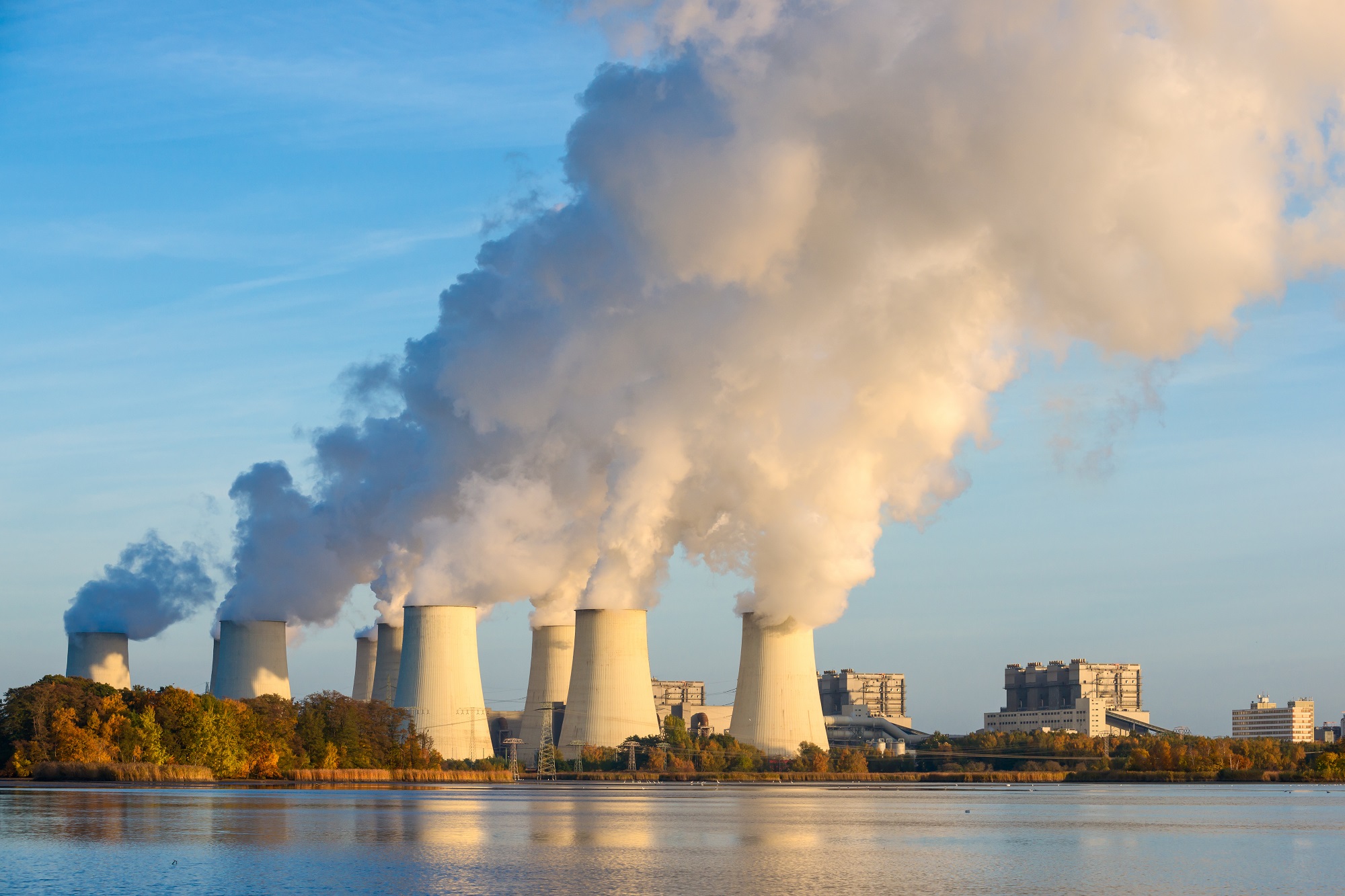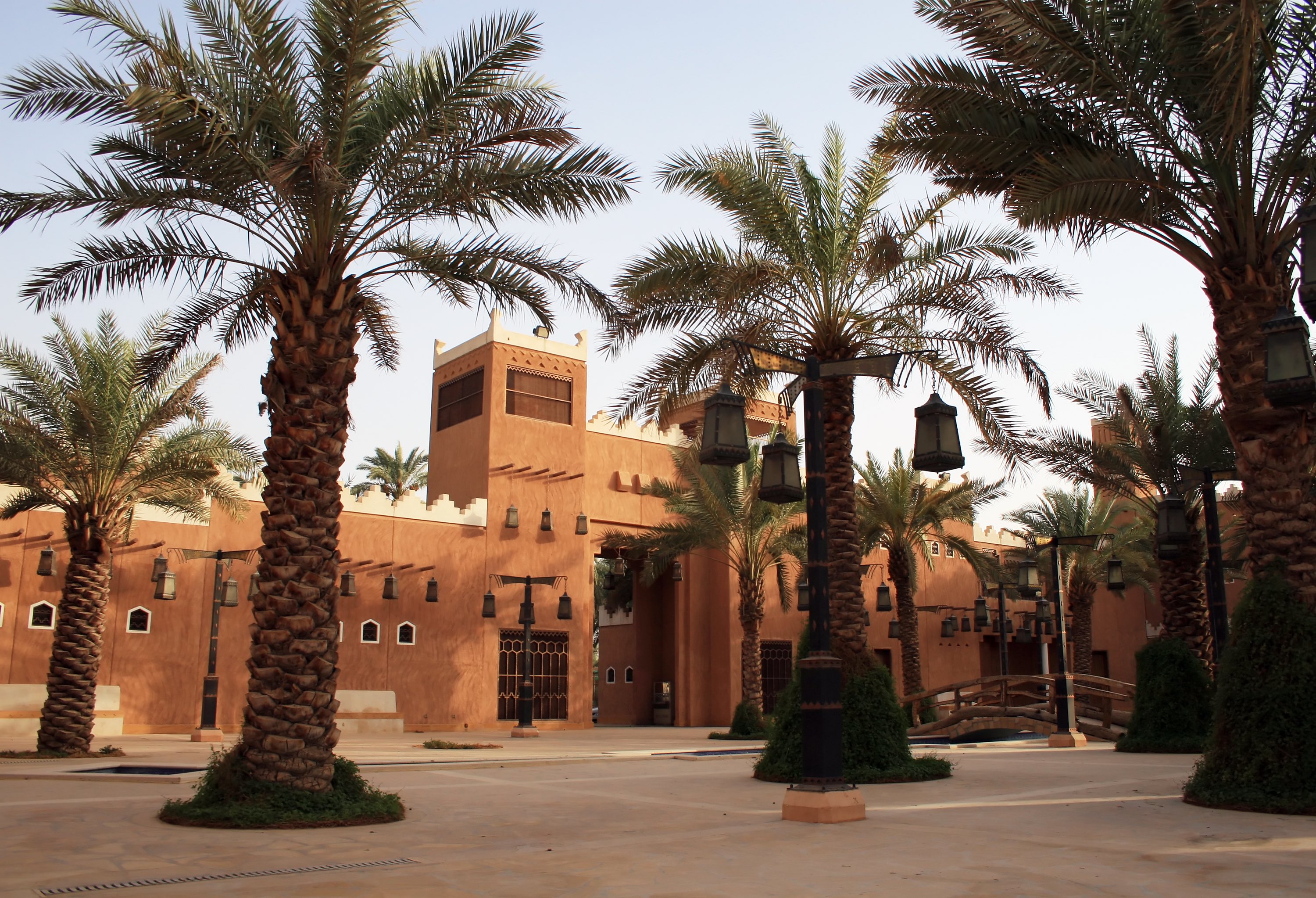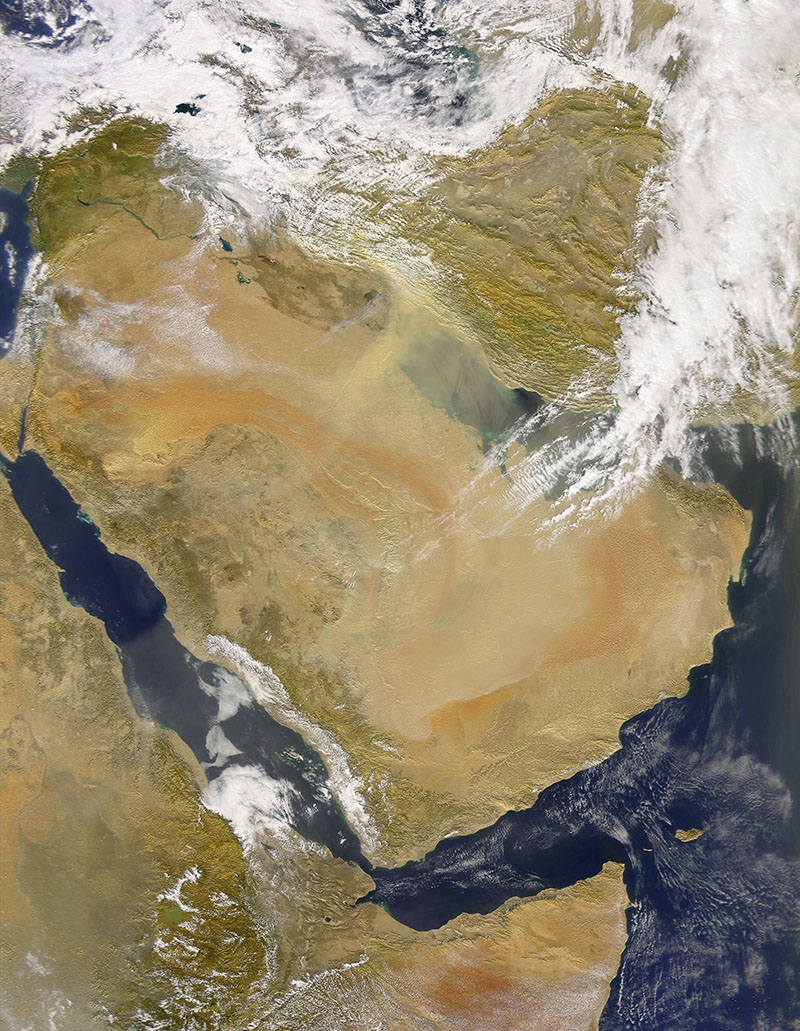

Primary Program

About
Anwar Gasim is a Principal Fellow in the Climate and Sustainability Program at KAPSARC, with more than a decade of experience in energy economics and environmental policy. His research and advisory work focus on energy demand, greenhouse gas emissions, energy price reform, and climate policy. Anwar has led cross-functional teams on multiple high-impact research and advisory projects, published high-impact papers, and advised policymakers on transformative energy solutions. Anwar holds a Ph.D. in Energy Economics from UCL, and an M.Sc. and B.Eng. in Electrical Engineering.
Publications

04 February 2026
Using Satellite Technology to Measure Methane Emissions in MENA CountriesAccurate methane emission measurement is needed for meeting Paris Agreement goals, yet methane emission datasets diverge substantially. Activity-based datasets rely heavily on assumed emission factors and often produce inconsistent results, while satellite-based estimates remain under...

09 March 2025
Carbon Markets and Saudi Arabia: A Review of Options and Analysis of Carbon Crediting PotentialIn response to the growing interest in carbon markets in Saudi Arabia, KAPSARC implemented a study to better characterize and understand the potential for carbon crediting in the Kingdom. The focus was specifically on providing estimates of the potential for supply and demand of carbo...

29 December 2024
The Determinants of Successful Energy Subsidy Reforms: A Logistic Regression AnalysisMany factors influence whether an energy subsidy reform is successful. We define success as a reform that does not lead to social unrest and is not reversed. To better understand these factors, we apply logistic regression analysis to an original dataset capturing 392 distinct episod...

03 November 2024
Lessons from an International Review of Successful and Unsuccessful Energy Subsidy ReformsMany factors contribute to the success of energy subsidy reform. To better understand these factors, we review studies that drew lessons from past attempts at reform. We synthesize the lessons and then expound on them by reviewing our newly constructed database of over 3,000 news art...

30 October 2024
Using Satellite Technology to Measure Methane Emissions in Arabian Gulf CountriesDecision makers need high-quality information on the level of greenhouse gas (GHG) emissions to take effective climate actions. Of the GHGs, methane can be particularly difficult to measure. Huge discrepancies exist in methane emission estimates at the global, national, and corporate...

07 December 2023
Using Satellite Technology to Measure Greenhouse Gas Emissions in Saudi ArabiaMeasuring and monitoring greenhouse gas (GHG) emissions are crucial to address climate change and fulfill Paris Agreement objectives. This paper explores the potential of satellite technology in measuring and tracking CH4, CO2, and N2O emissions in Saudi Arabia, collaborating with en...

14 September 2023
Methane Emissions Baseline Forecasts for Saudi Arabia Using the Structural Time Series Model and Autometrics
Reducing methane (CH4) emissions is key to near-term efforts to limit global warming. CH4 is the second most abundant anthropogenic greenhouse gas (GHG) in the atmosphere after carbon dioxide (CO2). The production, transport, and consumption of fossil fuels, in addition to was...

06 June 2023
Projecting Saudi Arabia’s CO2 Dynamic Baselines to 2060: A Multivariate Approach
As a party to the Paris Agreement, which aims to limit the global average temperature rise to below 2 degrees and keep it as close as possible to 1.5 degrees Celsius, Saudi Arabia has submitted its nationally determined contribution (NDC). NDCs are essentially climate action plans th...

14 May 2023
Methane Emissions Baseline Forecasts for Saudi Arabia Using the Structural Time Series Model and Autometricsducing methane (CH4) emissions is key to near-term efforts to limit global warming. CH4 is the second most abundant anthropogenic greenhouse gas (GHG) in the atmosphere after carbon dioxide (CO2). The production, transport, and consumption of fossil fuels, in addition to waste and ag...

11 May 2023
Baseline Forecasts of Carbon Dioxide Emissions for Saudi Arabia Using the Structural Time Series Model and AutometricsAs a party to the Paris Agreement, Saudi Arabia submitted a baseline emissions reduction target as part of its nationally determined contribution. The baseline target rests on the development of a baseline emissions scenario. This is a counterfactual scenario that shows how emissions...

21 June 2020
Energy Price Reform in Saudi Arabia: Modeling the Economic and Environmental Impact and Understanding the Demand ResponseThe government of Saudi Arabia, like many around the world, has long set domestic energy prices far below international market levels. This helps keep prices stable and energy affordable, providing important support to lower-income households.

03 December 2019
Modeling Industrial Energy Demand in Saudi Arabia and Understanding Its DriversIn 2016 Saudi Arabia’s industrial (or manufacturing) sector accounted for 30.3% of total final energy consumption (IEA 2018a). When non-energy use (mainly feedstock for the petrochemical subsector) is included, the industrial sector᾽s share of total final energy consumption rises to ...

30 October 2017
Welfare Implications of the Rebound Effect From More Energy-Efficient Passenger CarsImproving the energy efficiency of passenger cars makes it cheaper to drive, allowing motorists to take to the roads more frequently. This additional driving, which offsets some of the expected energy savings from energy efficiency, is known as the rebound effect and is perceived neg...

12 March 2017
Gasoline Demand, Pricing Policy and Social Welfare in Saudi ArabiaIn the face of low international oil prices, countries in the Gulf Cooperation Council recently implemented fuel price reform across a number of sectors. Saudi Arabia, for example, announced in December 2015 an increase in the gasoline price. We undertook a welfare analysis in this p...

13 June 2016
Policymakers Guide to the Various Ways of Calculating Energy ProductivityThe existence of multiple approaches to calculating energy productivity, with its resulting diverse outcomes, makes it difficult to draw meaningful comparisons between economies and monitor their progress over time. To understand better the implications of this, we conducted a system...

06 March 2015
Embodied energy in trade: What role does specialization playIn global discussions aimed at limiting greenhouse gas emissions, the national targets set by governments are tied to the energy used or emissions generated within national borders. However, international trade can confuse the accounting. Moving a factory across the border does not c...














